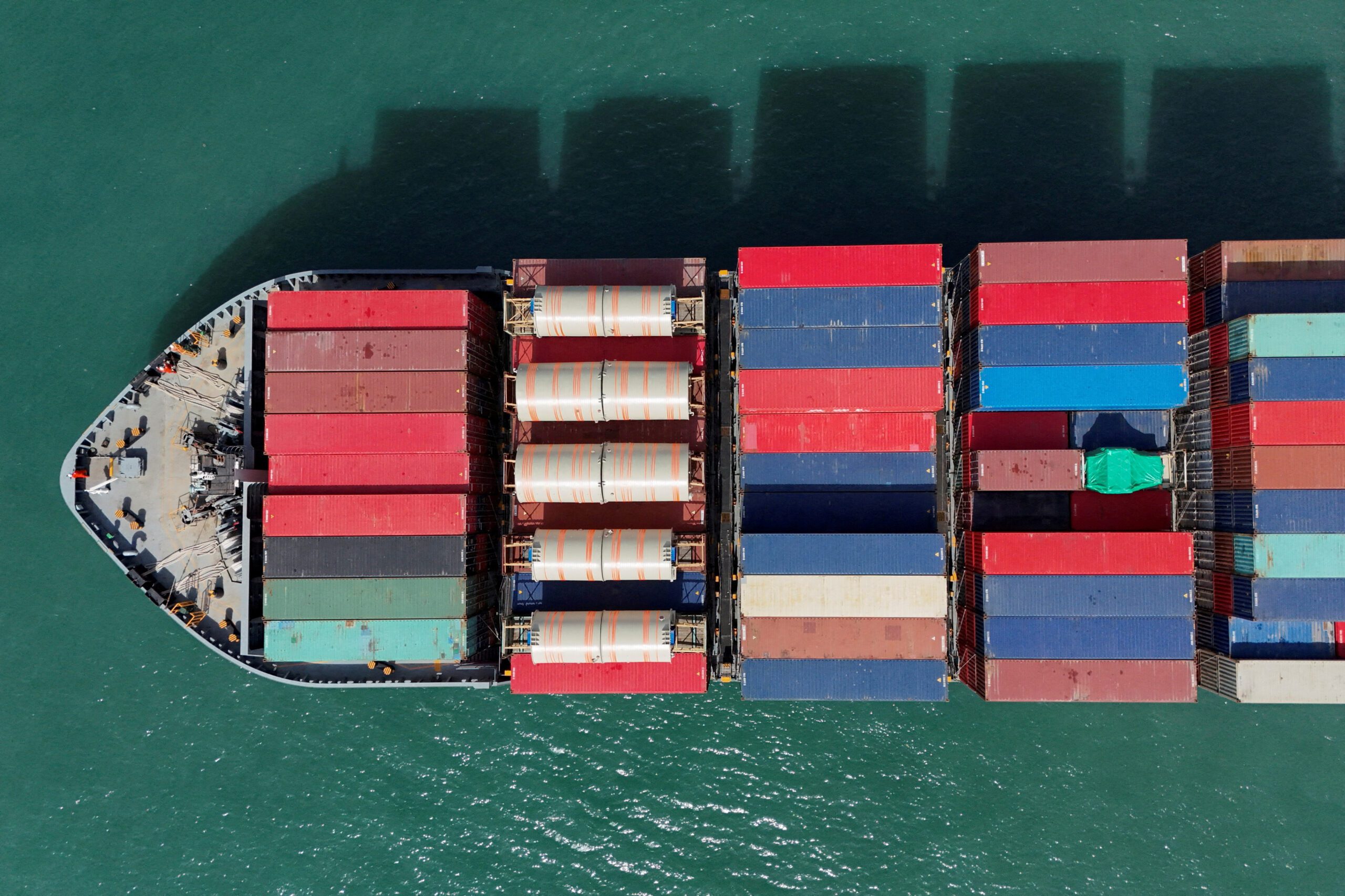Representative John Garamendi (D-CA-08), the leading Democrat on the House Armed Services Subcommittee on Readiness, recently joined Secretary of the Navy Carlos Del Toro at the San Francisco Fleet Week Senior Leaders Seminar aboard the USS Tripoli.
Addressing an audience of senior military leaders, industry experts, and international allies, Garamendi shared a comprehensive vision for the future of the U.S. maritime industry, emphasizing the importance of workforce development, modernizing shipbuilding, and strategic investments in infrastructure.
In his keynote address, titled “Reimagining the American Maritime Industry,” Garamendi highlighted the critical role of the San Francisco Bay Area as a hub for innovation and maritime strength.
“Reinvigorating the American maritime sector is not just a military imperative but an economic one. We must prioritize strategic investments that will drive innovation and keep our industry competitive on the global stage. The future of American shipbuilding and repair lies not only in technology but in the people who bring that technology to life,” he stated.
Garamendi’s remarks focused on a whole-of-government approach, praising Secretary Del Toro’s efforts to enhance U.S. maritime capabilities through cross-agency collaboration. He outlined the “Congressional Guidance for a National Maritime Strategy,” a legislative initiative co-led with Senators Mark Kelly (D-AZ) and Marco Rubio (R-FL) and Representative Waltz (R-FL-06). The strategy aims to bolster the American maritime industry through targeted investments and policy reforms, ensuring a robust U.S. presence in global shipping and shipbuilding.
Central to Garamendi’s vision is the role of the Bay Area in the nation’s maritime future. He pointed to Mare Island—the first U.S. Navy base on the West Coast—as a prime example of how legacy sites can be transformed into modern centers of shipbuilding and repair. By investing in green shipbuilding technologies and sustainable port modernization, Garamendi believes the region can lead the charge in building a cleaner, more efficient maritime industry.
Garamendi underscored the need for developing a skilled maritime workforce, emphasizing that federal investments must be directed toward creating high-paying jobs that will support both local economies and national security. “The next generation of shipbuilders and maritime professionals will determine our nation’s readiness and resilience,” he said, highlighting the need for educational programs and apprenticeships that prepare young people for careers in the industry.
Throughout his career, Garamendi has been advocated for strengthening the U.S. maritime sector. He has championed several key pieces of legislation, such as the 2023 Federal Ship Financing Improvement Act, which aims to provide new federal loans for ship repairs and retrofits in domestic shipyards like Mare Island Dry Dock. He has also supported increased funding for the Maritime Administration (MARAD) to boost shipbuilding and repair initiatives, securing provisions to designate the California State University Maritime Academy (Cal Maritime) as a national center of excellence for maritime workforce training.
A crucial element of Garamendi’s advocacy is his commitment to the National Defense Reserve Fleet and the Maritime Security Program, ensuring that U.S.-flagged commercial vessels can transport military personnel, cargo, and equipment. In the 2024 National Defense Authorization Act, Garamendi secured funds for these programs, reinforcing the strategic importance of a capable and ready reserve fleet.
Beyond military readiness, Garamendi’s legislative efforts extend to environmental standards for the maritime industry. He has advanced measures in the 2024 National Defense Authorization Act to address stormwater management and support the transition to clean energy, such as funding for battery-electric generators to ensure continuity during power outages. “Our military and maritime sectors must lead the way toward a clean energy future,” he emphasized.
Garamendi has also been a vocal supporter of the Jones Act, advocating for policies that ensure U.S.-flagged vessels dominate domestic shipping routes. His “Close Agency Loopholes to the Jones Act,” seeks to eliminate decades-old exemptions that allow federal regulators to sidestep this critical maritime law. “This is about protecting American jobs and ensuring that our domestic shipping industry remains strong,” Garamendi stated.
As the U.S. faces growing competition from global shipbuilders and shifting trade dynamics, Garamendi’s vision offers a pathway to maintain American maritime leadership. By blending strategic investments, bipartisan legislation, and a focus on workforce development, he aims to position the U.S. as a leader in both military readiness and commercial maritime strength. “Our maritime future depends on the choices we make today. If we invest wisely, we will ensure a prosperous and secure future for generations to come,” he concluded.
Garamendi’s long-standing advocacy, coupled with the strategic guidance he has provided through initiatives like the National Maritime Strategy, underscores his commitment to ensuring that the American maritime industry remains competitive and resilient.
Garamendi’s emphasis on modernizing infrastructure, promoting green technologies, and breathing new life into historic shipyards showcases a progressive approach that could transform the industry in the coming decades. As debates unfold in Congress and throughout the maritime community, Garamendi’s vision seems poised to significantly influence the future of the U.S. maritime sector.

 Join The Club
Join The Club











